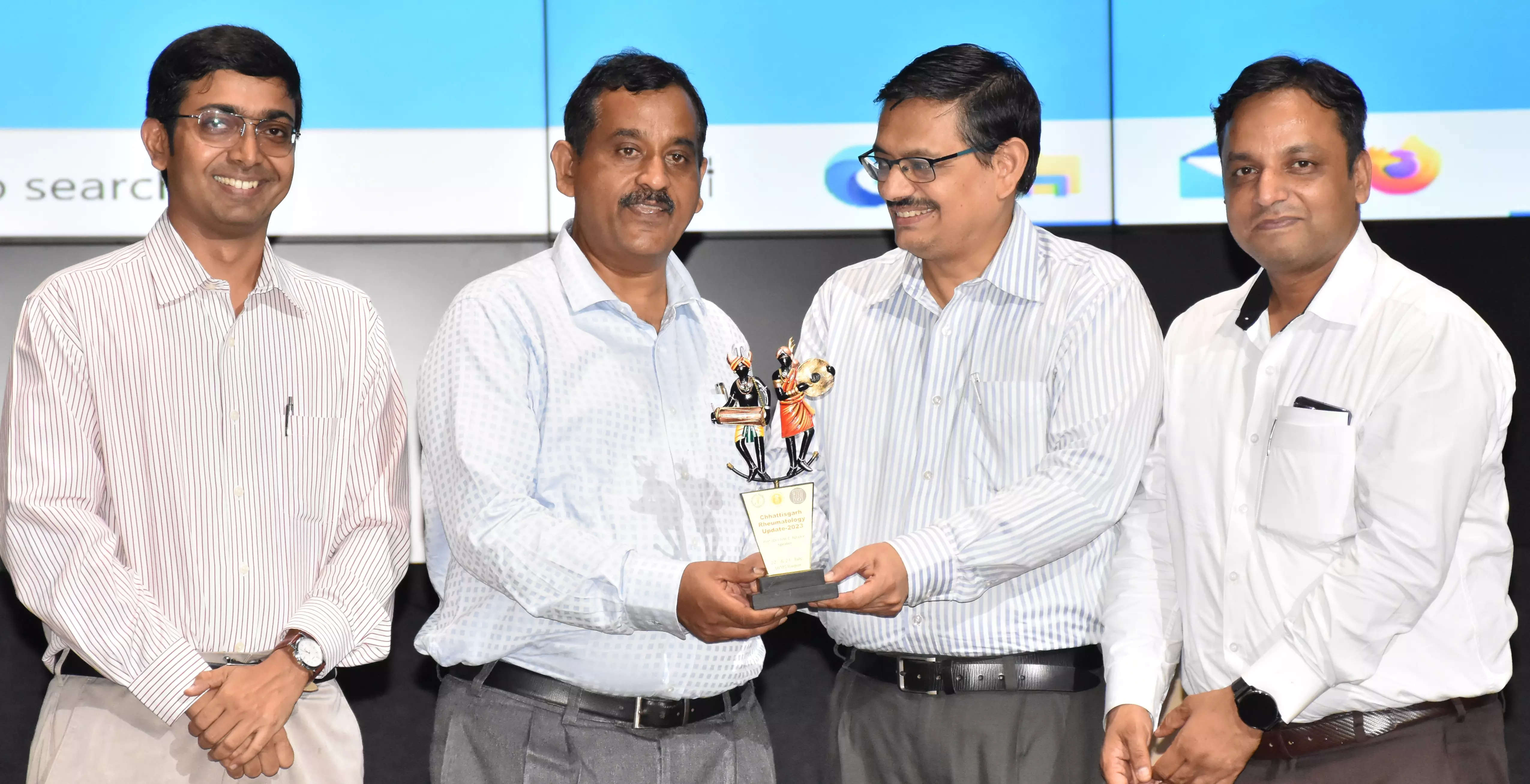National symposium on Rheumatology raises concerns over rising patient numbers – Times of India
The two-day national symposium on Rheumatology, conducted by the All India Institute of Medical Sciences (AIIMS) in Raipur, served as the platform for these discussions. The experts unanimously stressed the need to raise awareness about Rheumatology and disseminate novel clinical management practices among medical practitioners.
Indian Rheumatology Association President Dr B G Dharamanand, highlighted the importance of enhancing awareness about Rheumatology diseases and establishing specialized facilities to cater to patients suffering from such ailments.
During the symposium, Professor Alok Chandra Agrawal, the Dean of Academics, revealed that AIIMS Raipur’s General Medicine Department, in collaboration with the Orthopaedics Department, has been providing cutting-edge clinical management to patients with Rheumatology conditions.
The event was a joint effort by the Department of General Medicine in association with the Indian Rheumatology Association and the Association of Physicians of India (CG State), as stated by Professor Vinay Pandit.
Faculty members from institutions such as AIIMS Delhi, PGI Chandigarh, and NIMS Hyderabad delivered their talks. The symposium garnered attendance from approximately 200 delegates across India.
Further detailing the advancements, Professor Pandit disclosed that the department has initiated a Rheumatology OPD (Outpatient Department) operational three times a week. Dr. Joy Deep Samanta and Dr. Jhasaketan Meher, both trained rheumatologists, lead the OPD. The initiative aims to enhance care for patients afflicted with Rheumatological diseases in Chhattisgarh. Presently, AIIMS Raipur attends to an average of 150 patients per week in its specialized clinic.
Rheumatological diseases primarily fall under the category of autoimmune diseases and predominantly affect young women. While their primary impact is on joints, leading to arthritis, they can also affect crucial organs such as the kidneys, lungs, and nerves. Left undiagnosed and untreated, these conditions can severely impede mobility and even pose life-threatening risks. Rheumatoid arthritis, SLE (Systemic Lupus Erythematosus), and systemic sclerosis rank among the common Rheumatological diseases affecting the population.
As awareness increases and medical facilities improve, experts are hopeful for better outcomes in the management of Rheumatological conditions, paving the way for enhanced patient care and well-being.
For all the latest Education News Click Here
For the latest news and updates, follow us on Google News.


